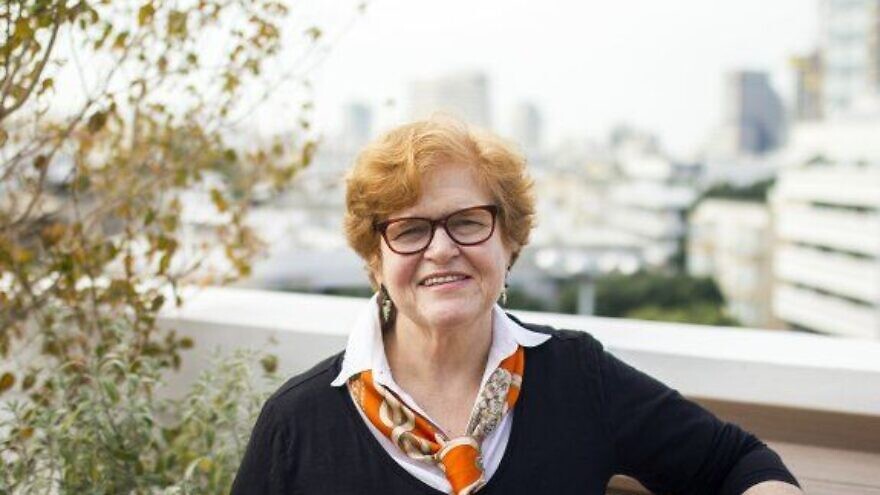After six months of waiting, a Senate Foreign Relations Committee hearing on the Biden administration’s choice to serve as Special Envoy to Monitor and Combat Anti-Semitism, Deborah Lipstadt, was scheduled on Tuesday.
The development comes after numerous organizations have called for Lipstadt’s nomination to be moved through towards confirmation after significant increases in worldwide and domestic anti-Semitism, including the recent hostage situation at a synagogue in Colleyville, Texas.
Her nomination was rumored to be delayed because of opposition from Republicans, who raised concern over past tweets by Lipstadt, including one labeling specific statements by Sen. Ron Johnson (R-Wis.) as white supremacy. During a radio interview last year, for example, he stated that he was not concerned by the mostly white insurgents at the U.S. Capitol on Jan. 6, but would be concerned if former President Donald Trump had won the election and those rioting at the Capitol were Black Lives Matters protesters or members of Antifa.
She has also been criticized for appearing in an ad last year where she likened former President Donald Trump’s rhetoric to Nazi Germany.
The latest effort was on Monday, when 96 Jewish Federations and Community Relations Councils urged the committee to hold a hearing in light of Colleyville, which they called “a stark reminder of the constant and ever-increasing threat of anti-Semitism that members of the Jewish community encounter daily around the world,” in a letter to committee chair Sen. Bob Menendez (D-N.J.) and ranking member Sen. Jim Risch (R-Idaho).
“We are grateful to the Senate Foreign Relations Committee for moving ahead with this important confirmation hearing,” said Elana Broitman, senior vice president for public affairs at the Jewish Federations of North America, following news that the hearing was scheduled. “Jewish communities at home and around the world need an advocate and watchdog at the State Department to take action against the rising tide of anti-Semitism, and we look forward to a speedy confirmation.”
A Senate minority committee spokesperson said Risch never opposed the nomination, but that as with all nominations, Lipstadt was undergoing a vetting process.
In November, Risch told Jewish Insider that Lipstadt tweets were being reviewed as part of the vetting process. He also told The Jerusalem Post that the primary delay was the committee’s workload.
“I don’t think there’s anything nefarious here. I will say this: On all of the [nominations], but that one, in particular, we do go back and look at everything that’s been said and done by the nominee to make sure we’re doing the right thing,” Risch told the Post. “There’s been no decisions made; to my knowledge, there’s no one holding it up intentionally. It shouldn’t be read by anyone to be an indication of a problem with her, a problem with the issue or anything else.”



























She must make a detour to go set Whoopi “goldberg” straight……
No I’m dead serious